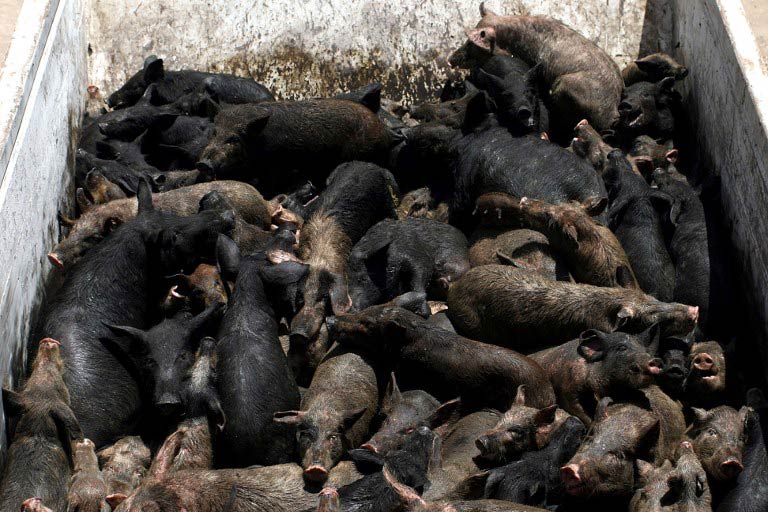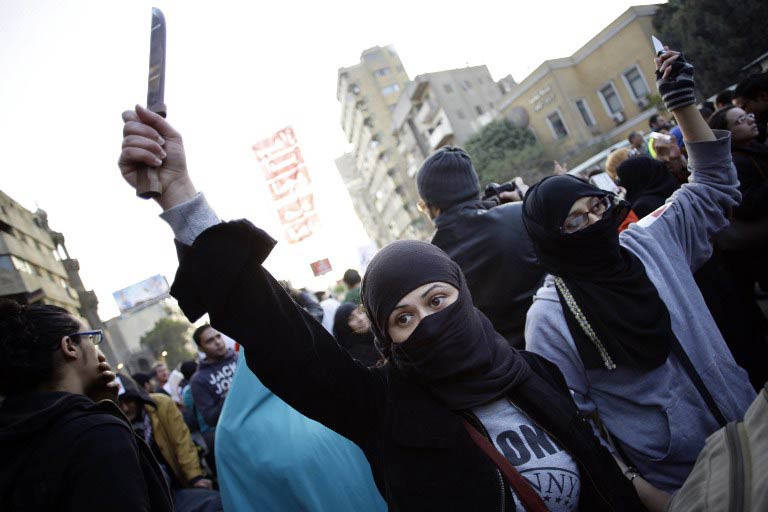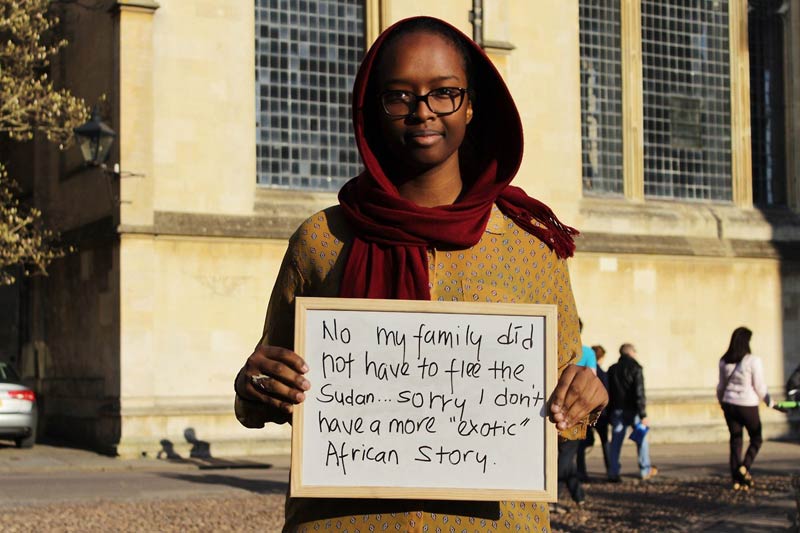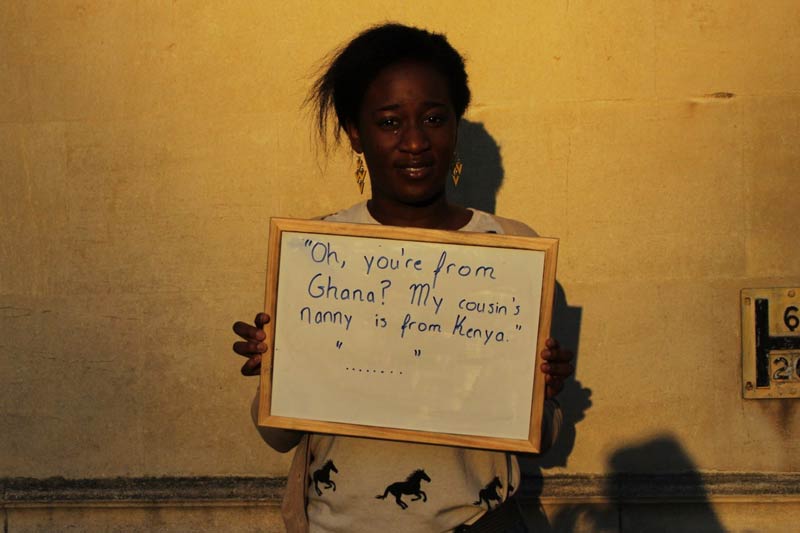Since female genital mutilation (FGM) has been outlawed in Ethiopia, some rural families have been holding clandestine circumcisions, said parents at confidential focus group discussions in Ethiopia for Oxford University’s Young Lives study. Often, the ritual takes place at night in order to evade prosecution, with girls at even greater risk due to poor lighting or the use of less experienced practitioners.
As a 10-year-old, Ayu, who lives in the rural Oromia region, wanted to complete her education and become a teacher instead of getting married young. But at the age of 14 she underwent FGM and by 16 she had left school and got married.
Ayu’s mother explained that the cutting was done at Ayu’s request. “After she heard a girl insulting another who was not circumcised, my daughter came home and asked me to organise her circumcision. She told me she does not want to be insulted in the same way.” And while her mother thought Ayu was not ready for marriage at 16 she was much more concerned about the risks her daughter would face as a young woman without the protection of a husband. “We live in corrupt and dangerous times,” she said. “It is better that she is married early.”
In Somaliland, the health messages about the risks associated with FGM (sometimes referred to as FGC, female genital cutting) have led to more girls undergoing clitoridectomy (the removal of the clitoris) instead of the more extreme infibulation (which involves the removal of the clitoris as well as the narrowing of the vaginal opening by creating a covering seal). But a World Vision study, “Examining the links between the practices of FGM/C and early marriage”, found that since the pressure to stop infibulation has increased, the pressure on girls to marry young has intensified because they fear being perceived as more open to premarital sex if they have not had the procedure. As 15-year-old Faiza explained: “It is better for my dignity to have a husband and children now.”
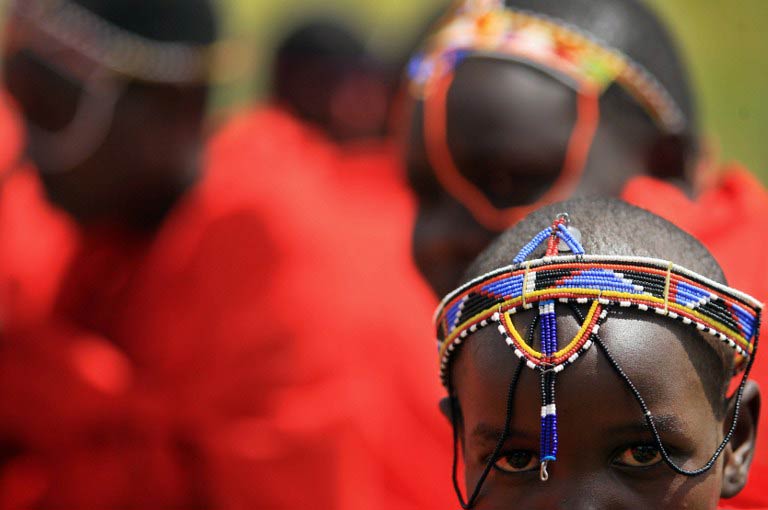
Martha Tureti, World Vision’s gender and development co-ordinator in Kenya, believes criminalisation has failed to eradicate the practice in the country. And stand-alone interventions, such as setting up rescue centres or introducing alternative rites of passage, have not been enough to alter deeply imbedded attitudes that put a high premium on girls’ sexual reputations and premarital virginity.
“If you only focus on the girls, the community still go ahead with the cutting anyway,” Martha told us. “We realised the importance of including boys so that they understand the dangers of FGM because otherwise they still demand to marry girls who have been cut.”
In northern Kenya, World Vision has sponsored the development of rites of passage that retain traditions like teaching the girls about their future adult roles, but replace FGM with reproductive health education that includes knowledge about the effects of genital cutting. One key to success has been persuading communities to identify their own adaptations to old traditions instead of trying to impose change from outside; holding ceremonies that include public endorsements from community leaders; and offering alternative income sources to the cutters. For example, a World Vision-sponsored ceremony involving 10-year-old girls in the northern district of Naivasha included the public endorsement of a local politician, as well as pledges from former cutters that they would abandon the practice in return for the gift of some goats that would provide them with alternative means of earning a livelihood.
A clear message from both the Young Lives and the World Vision research is that legal prohibition and intensive advocacy campaigns have not been enough to eradicate FGM. This is often because families feel unable to take the social consequences of making changes that go against the norm in close-knit traditional communities. So work towards the abandonment of FGM and early marriage must engage with the whole community and address the social norms that underpin the practices.
It is difficult for outsiders to predict what unintended consequences might arise in each circumstance as every community responds to change in different ways. But the Young Lives’ focus group findings demonstrate the importance of understanding from community members why some continue practicing FGM despite prohibition. World Vision’s experience has been that change is more likely if all the different interest groups in a community are involved in a non-judgmental dialogue about which solutions will work for them.
Ultimately, strategies to prevent FGM need to engage with the root causes of both FGM and early marriage: namely the unequal status of women and men, the desire to control female sexual activity and limited economic opportunities for women and girls.
Names have been changed at the request of World Vision.
Kirrily Pells is policy officer at Oxford University’s Young Lives study of childhood poverty, and Lorriann Robinson is senior child rights policy adviser at World Vision UK.



